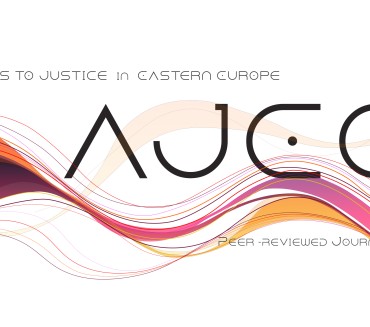Summary: 1. Introduction. – 2. Methodology. – 3. Developments of the Legislative Framework of Copyright and Related Rights. – 4. Institutional Framework and Enforcement Capacity. – 5. Future Challenges of Copyright in the Online Environment, Extending the Protection of Copyright and Related Rights. – 6. Conclusions and Recommendations.
Background: Albania’s efficiency in the copyright and related rights landscape remains complex and needs improvement despite ongoing reforms to meet international standards and European Union requirements. Complete legislative harmonization is still lacking, enforcement bodies continue to operate under limited resources and technological restrictions, and public awareness of copyright standards, especially in digital areas, is insufficient. Meanwhile, digital technology has impacted the creation, dissemination, and commercialization of works, thereby expanded market opportunities but also increased the risks of unauthorized use and infringement. Within this context, this article analyses the evolution, challenges, and prospects of Albania's copyright regime in the digital era, identifies regulatory and enforcement gaps, and evaluates proposed legislative amendments aimed at strengthening copyright protection. The research intends to clarify the benefits and drawbacks of the current protection system.
Methods: The article uses a mixed-methods approach that integrates doctrinal legal research, documentary and policy analysis, including legislation, national Intellectual Property (hereinafter referred to as IP), cultural strategies, and ministerial programs, as well as enforcement data analysis, including inspections, sanctions, and blocking requests. The aim is to explore the developments and key milestones of the copyright and related rights legal system, the coherence and capacity of the institutional framework, and the effectiveness of recent enforcement practice.
Results and Conclusions: The analysis indicates that Albania has made significant legislative progress and created supportive institutions; however, its enforcement capacity and alignment with the digital age are still lacking. Administrative inspections and sanctions are active, yet online piracy and cross-border licensing frictions persist. These findings align with the priorities included in the National Plan for European Integration 2024–2026, as well as the 2024 Progress Report. This, therefore, reinforces the need for sustained reform to improve compliance and effectiveness, including further transposition of pending EU instruments, and proposes several recommendations to address current and future needs for IP protection, expand lawful access, and support creators and users in the digital marketplace.

